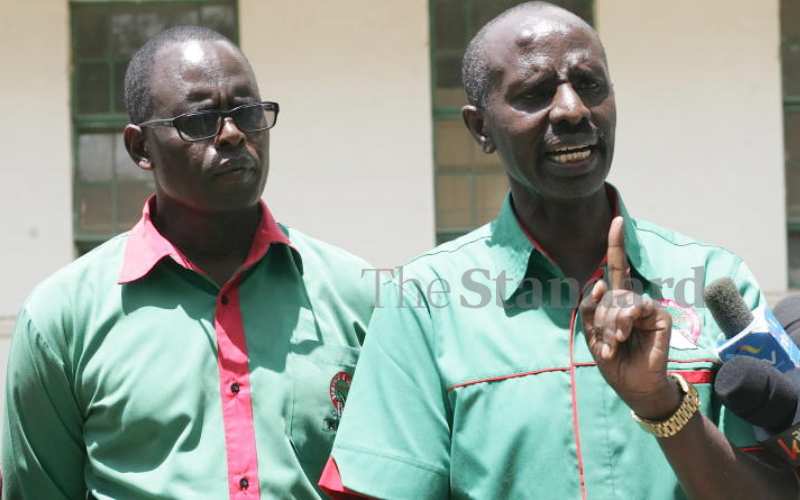×
The Standard e-Paper
Home To Bold Columnists

An education policy review is an independent evidence-based assessment of strategic policy domains which includes policy recommendations as well as specific project plans to be developed.
The policy review can include consultations with teacher unions, parents’ associations, education policymakers and educational experts. The discourse should also incorporate international agencies.